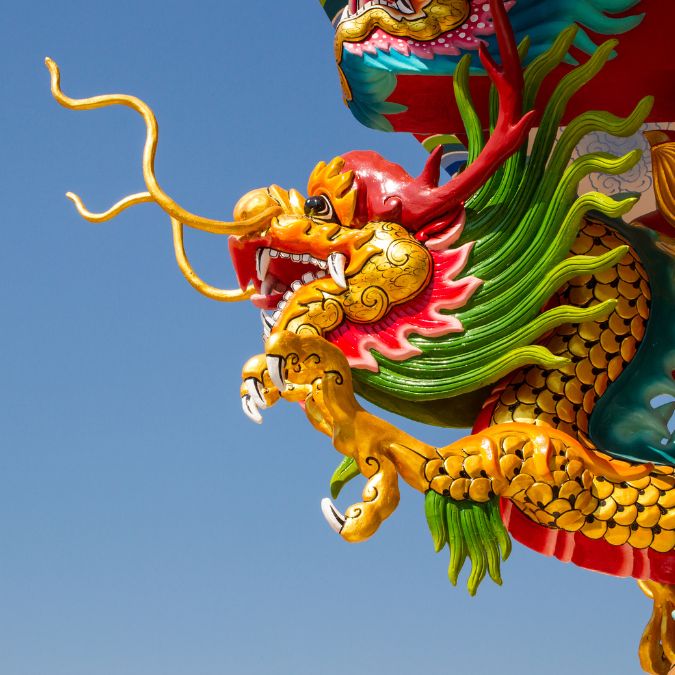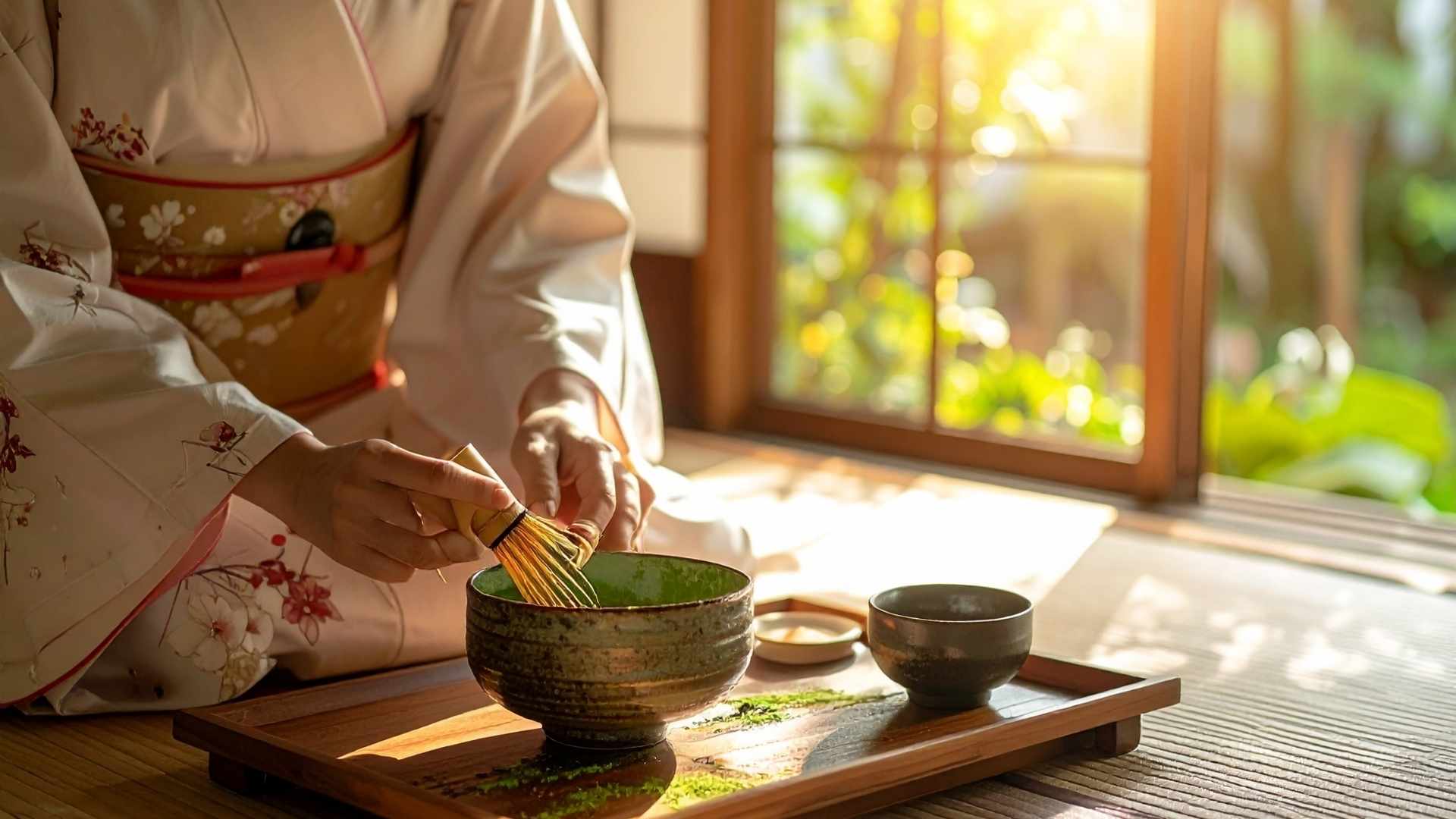China and Japan have a long history of conflict, including the Japanese invasions of China during World War II and current tensions over political and territorial issues, although this does not mean they hate each other, as we have read on the Internet.
In fact, they have a lot of things in common. Let's see them!
Similarities Between Chinese and Japanese Culture
respect for elders
In both cultures, respect for elders is a very important value. Both the Japanese and the Chinese have a culture of respect and reverence for the elderly, and this is reflected in their customs and language.
Family values
Family is very important in both Japanese and Chinese culture. In both countries, the family is considered a fundamental unit in society, and the importance of caring for and supporting family members is emphasized.
The importance of work and education
In both Japan and China, work and education are very important values. In both cultures, the importance of hard work and dedication to succeed in life is emphasized, as is the importance of education in achieving success.
Ceremonies and rituals
Both cultures have a long tradition of ceremonies and rituals, such as the tea ceremony in Japan or Chinese New Year celebrations in China. These rituals and ceremonies are important to the culture and are used to commemorate special occasions and to bring communities together.
Appreciation for matcha tea
Although powdered green tea has been a staple of Chinese culture for over a thousand years, matcha tea as we know it today was developed in Japan and is an integral part of Japanese culture.
The importance of self-control and moderation
We know that both the Japanese and the Chinese believe in the importance of moderation and restraint in food, alcohol, and social relationships.
art and culture
Japanese and Chinese culture are known for their rich tradition in arts and crafts. In both countries, they are valued and promoted as a form of cultural expression and as a way of preserving the history and traditions of society.
Both Japan and China are Asian countries with rich history and culture. However, despite some similarities in their way of life and food, there are some notable differences in current Japanese culture and Chinese culture in terms of their way of life, influence of food, and personal care.

Differences between Chinese and Japanese culture
Lifestyle
In Japan, the work culture is vital. The Japanese are known for being very disciplined and hardworking, and their dedication to work is an integral part of their identity. They often work long hours and are expected to be very loyal to their company and bosses. On the other hand, in China, social life is more important and leisure time and enjoyment of life are more emphasized. Although work is important, the Chinese often have more free time and are engaged in social and family activities.
The importance of individuality
In Japan, the group culture is very strong and teamwork and harmony are highly valued. The Japanese tend to prioritize the well-being of the group over the individual, which is reflected in their social and work behavior. On the other hand, in China, the importance of the individual is becoming more and more an integral part of the culture, which can be seen in the rise of the culture of entrepreneurship and innovation.
Gastronomy
Japanese and Chinese food share some similarities, but they also have notable differences. In Japanese cuisine, simplicity and freshness are important values, and great importance is placed on high-quality ingredients and elegant presentation of dishes. The Japanese also have a culture of "omotenashi" (hospitality), which means that restaurants and other establishments strive to provide a complete and satisfying customer experience.
In China, food is characterized by a wide variety of flavors and cooking techniques, and the quantity and value of food is often emphasized. The Chinese are known for their love of spicy food, but a wide variety of flavors can also be found in Chinese cuisine, from sweet and salty to bitter and sour. Additionally, food in China is often shared in large groups and is considered an important form of socialization.
Personal care
When it comes to personal care, both Japan and China have a culture that values cleanliness and skin care. In Japan, beauty and healthy skin are very important, and there are a wide variety of skin care products and techniques available. The Japanese also have a "mottainai" (don't waste) culture, which means that conservation and efficient use of resources, including beauty and personal care products, is highly valued.
In China, personal care is also important, and the Chinese have a long tradition of skin and hair care techniques. Traditional Chinese medicine is also often used
Many aspects of Chinese and Japanese cultures are valued and appreciated around the world, and there is a great deal of cultural exchange between the two countries. For example, Chinese culture has greatly influenced Japanese culture over the centuries, particularly in literature, art, and religion. Similarly, Japanese culture, particularly fashion and entertainment, is also very popular in China and has influenced Chinese popular culture.
It is important to note that the political and territorial conflicts between the two countries are not a reflection of the general opinion of the people of each country towards the culture and people of the other. Many people from both countries show interest and are willing to learn and appreciate the similarities and differences.
We express our love for both cultures and we are super grateful for having given us the best superfood in the world: matcha tea.
再见!さようなら!




Share: